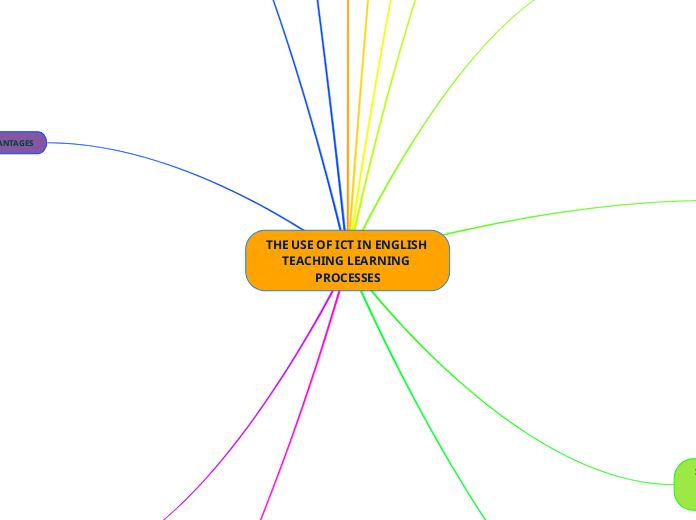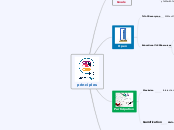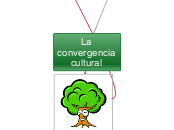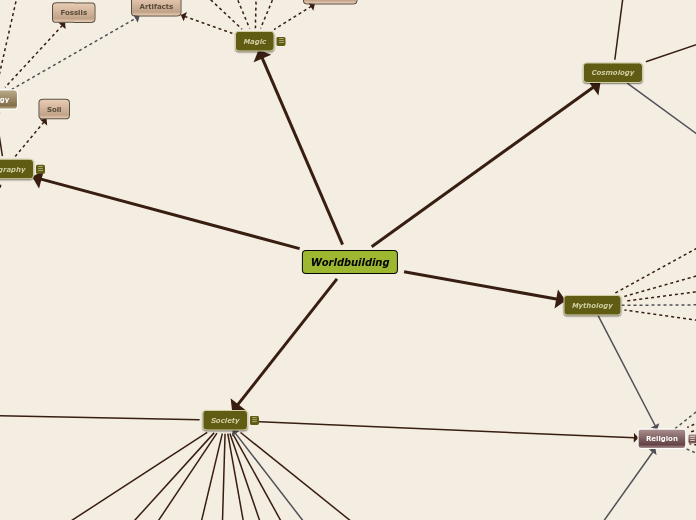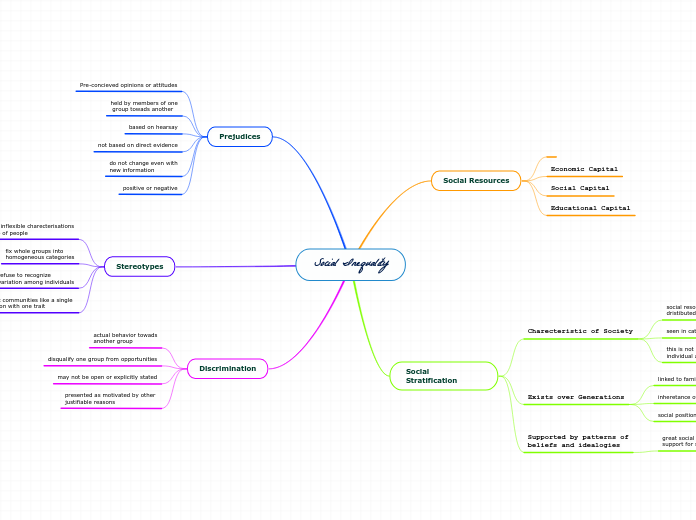por Rubén Tafur 1 ano atrás
130
THE USE OF ICT IN ENGLISH TEACHING LEARNING PROCESSES
The integration of Information and Communication Technology (ICT) in English teaching and learning processes is influenced by several factors, including teachers' competence in using ICT, their preparation and ability to integrate it into educational activities, and the availability of necessary infrastructure and technical support.
